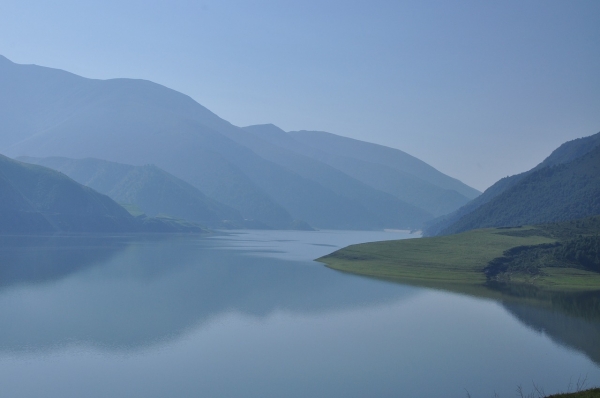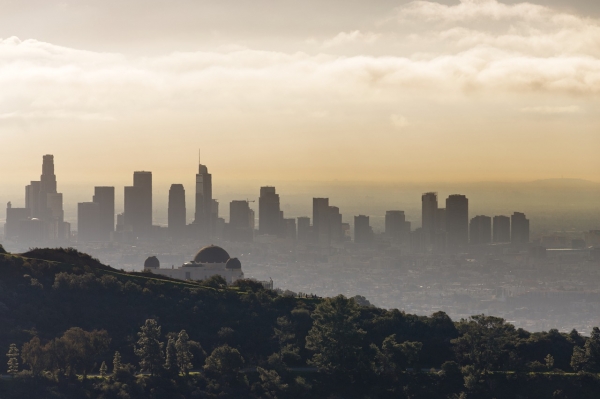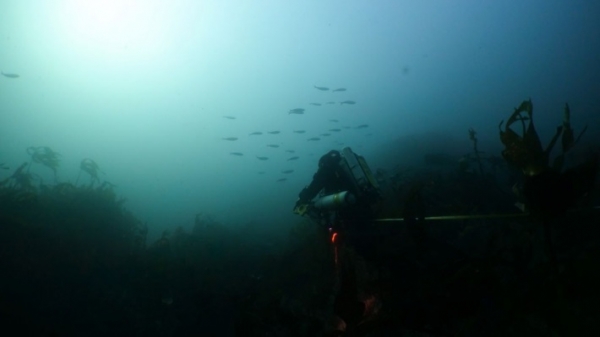
While recent reports have stated that more than half the world’s largest lakes, including lakes in the Tibetan plateau, are drying up, a paper in Nature Geoscience today (27/5/24 DOI 10.1038/s41561-024-01446-w ) suggests that, by the end of this century, land-locked lakes on the Tibetan Plateau are set to increase exponentially, resulting in major land loss and related economic, environmental and climatic impacts.
>> Read the Full Article

They call it “The Blob.” A vast expanse of ocean stretching from Alaska to California periodically warms by up to 4 degrees Celsius (7 degrees F), decimating fish stocks, starving seabirds, creating blooms of toxic algae, preventing salmon returns to rivers, displacing sea lions, and forcing whales into shipping lanes to find food.
>> Read the Full Article

A team of researchers in France from the “Pole MIAME” that gathers diadromous fish experts from multiple research institutions (OFB, INRAE, Institut Agro and UPPA) have developed a new modelling approach that accurately predicts core and unsuitable habitats of rare and data-poor diadromous fish (fish which migrate between marine and freshwater), such as threatened shads and the IUCN red-listed ‘critically endangered’ European eel.
>> Read the Full Article

 ENN
Environmental News Network -- Know Your Environment
ENN
Environmental News Network -- Know Your Environment